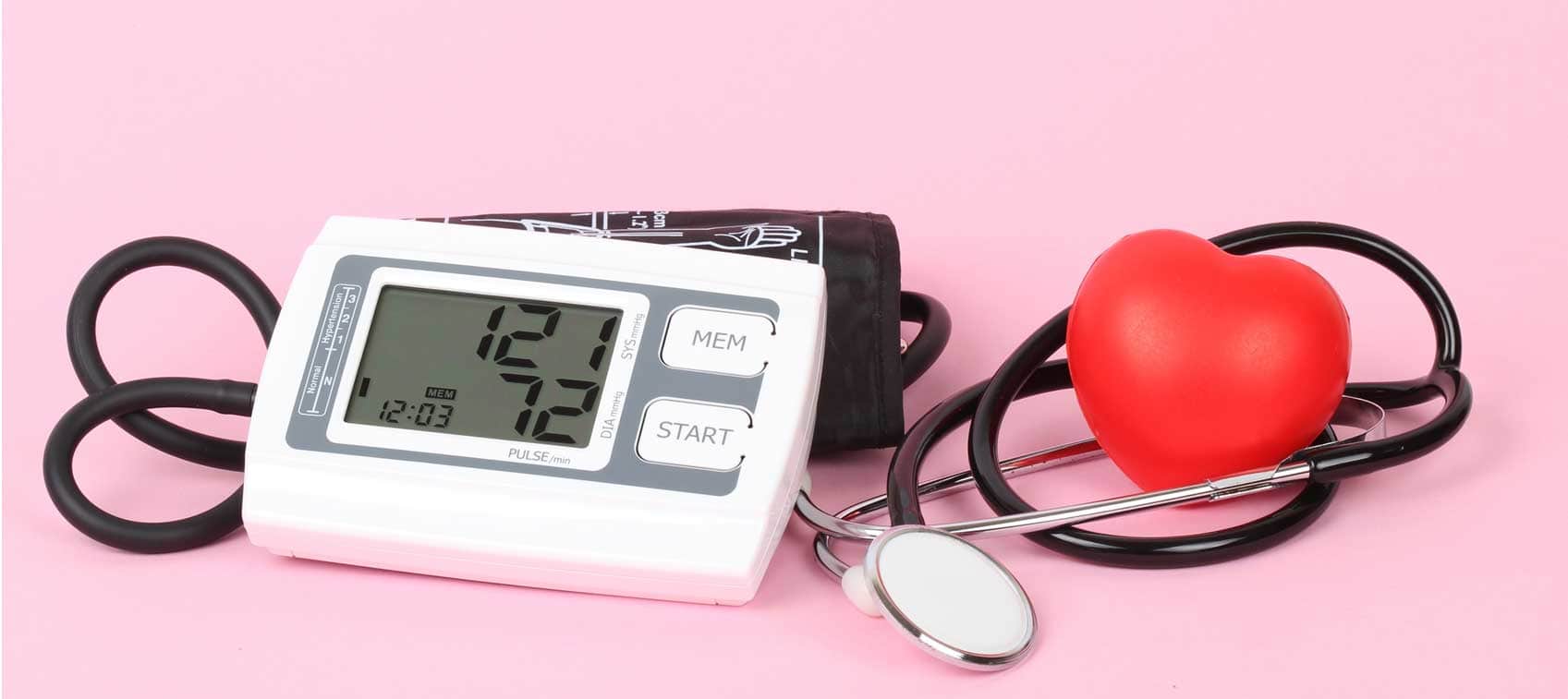
When it comes to blood pressure, most people know the basics—such as what a normal blood pressure level should be and the importance of checking your blood pressure regularly. But beyond that, there are many things about blood pressure that you may not know. So, I want to share some surprising blood pressure facts with you.
Too Much—or Not Enough—Sodium
Everybody knows that too much salt can elevate your blood pressure. But did you know that too little salt can also be problematic—especially if you have congestive heart failure? For heart failure patients, restricting sodium to less than 1.8 grams a day can cause blood pressure to soar even higher. Aim for about 2.8 grams of sodium daily, taking care not to go too low or too high. Be especially careful about hidden salt in foods that can raise blood pressure, such as canned soups, pickles, salted nuts, and more.
Low Potassium = High Blood Pressure
A hearty intake of potassium is critical for anyone concerned about blood pressure. This mineral supports healthy blood pressure by relaxing the arterial walls and blunting the negative effects of excess sodium. If you have hypertension, it is important to eat a heart-healthy diet with lots of plant foods, which are naturally rich in potassium. Specific high-potassium foods that help lower blood pressure include cooked leafy greens, sweet potatoes, coconut water, and low-sodium tomato juice.
Make Sure Your Blood Pressure Is Taken Correctly
Many doctors fail to take accurate blood pressure measurements. A colleague told me her doctor took her blood pressure while she was sitting on the end of the exam table, with her feet dangling and her arm out—which is a recipe for an inaccurate reading. To get an accurate blood pressure reading, you must position yourself correctly (feet on the floor, arm supported on a table), avoid talking, and try to relax. It’s also a good idea to take blood pressure in both arms since we frequently see higher readings in one arm than in the other.
Hypertension Is on the Rise in Younger People
It used to be thought that high blood pressure was something you didn’t need to worry about until you were at least middle-aged. But with obesity and diabetes on the rise, hypertension and cardiovascular disease are no longer limited to older people. Approximately one in four young adults (ages 20–44) have blood pressure in the hypertensive range. Plus, a third of all individuals with hypertension are unaware that their blood pressure is elevated. That’s why you need to have your blood pressure checked periodically—regardless of your age.
Alcohol, Caffeine & Blood Pressure
Excessive use of alcohol has many adverse effects on your cardiovascular system, including chronically elevated blood pressure. It is particularly important to go easy on alcohol—or avoid it altogether—if you have hypertension.
Caffeine, on the other hand, does not cause or aggravate hypertension. A cup of strong coffee could temporarily increase your blood pressure, especially if you aren’t used to drinking coffee. Yet, moderate caffeine is not a risk factor for hypertension, and it has several health benefits. Keep in mind, however, that some people are more sensitive to caffeine’s stimulatory effects than others—and if you have hypertension, cardiac arrhythmias, or anxiety, it’s best to moderate your caffeine intake.
Magnesium Lowers Blood Pressure
Magnesium is one of my favorite supplements for overall cardiovascular health. Among its many benefits, magnesium relaxes the smooth muscles in the arteries and supports normal blood pressure levels. Plus, clinical trials have shown that supplemental magnesium, 300–400 mg per day, helps reduce blood pressure. Other supplements with proven blood-pressure-lowering effects include coenzyme Q10, hawthorn, and omega-3 fatty acids.
Weightlifting Can Elevate Blood Pressure
Exercise is essential for blood pressure control and heart health. In fact, the American Heart Association and the American College of Cardiology recommend that exercise should be the first-line treatment for moderate hypertension.
Yet, it is important to know that lifting weights can raise your blood pressure. Straining or lifting excessive weights causes a temporary rise, which could be problematic if you have very high blood pressure to begin with. That said, weightlifting and other strengthening exercises have many benefits and should not be avoided. Talk to your doctor about appropriate exercises, such as using lighter weights with more repetitions—and remember to breathe throughout each exercise.
High Blood Pressure & Memory Loss
Untreated hypertension may increase the risk of memory problems. Studies have linked high blood pressure, especially in mid-life, with an increased likelihood of cognitive decline and dementia. The good news is that controlling blood pressure decreased this risk.
Is Low Blood Pressure a Problem?
Low blood pressure isn’t a problem unless you have symptoms. Many people—myself included—have had blood pressure readings as low as 90/60 mm/Hg. The only time a low blood pressure reading is a concern is if you’re symptomatic, meaning you’re experiencing lightheadedness, dizziness, and/or fatigue. These symptoms occur most often as a blood pressure medication side effect in people who are overmedicated. It’s rare that someone has blood pressure so low that it causes side effects.


